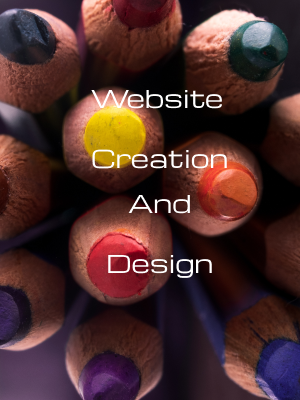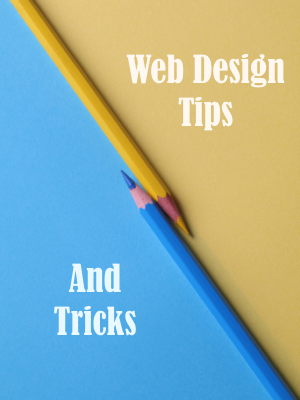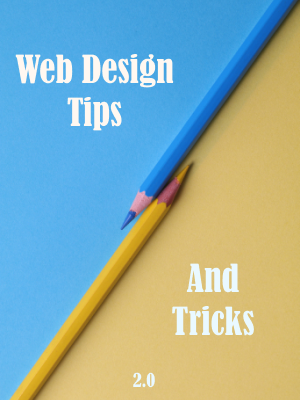
-
-
Cart
0
-
Your Cart is empty
-

 E-books
E-books
 English
English


Whether your business has been established offline for years or whether it is a new business altogether, the design of your website must coincide with your overall brand image and sales goals.
Evaluate the Purpose of your Website:
The first obstacle in determining your website design is to evaluate its purpose. If you are a retail business, you most likely will need a shopping cart feature. However, if you are a consulting firm, you may only want to list your contact information or an application for service. Evaluating the purpose of your website will help determine the features you need and those you can live without.
Determine the Complexity of your Site:
Again, if your business sells many different kinds of widgets, then you will need a shopping cart. If your widgets are self-explanatory, (i.e. impulse items), then perhaps you simply need a page for each category of widget. The page can list each item, a short desc, and a link to add it to the customer’s shopping cart.
However, if your business is selling widgets which need more explanation, perhaps bigger ticket items, then you might need a single page for each widget. You may even need several pages for each widget’s specifications.
If your business is informational services, for example consulting, then perhaps your site can remain fairly simple. There is no need for a shopping cart of hundreds of pages showcasing each item. You may have a few different consulting packages, information on each, a sales letter, a contact us page, and about us page, and a home page. Perhaps a testimonial page for added persuasion. Although it may contain a significant amount of text, this would be a fairly simple website design compared to other businesses. Choose a Theme If you don’t already have a brand image, logo, and colors, then you need to decide what your website will actually look like. When choosing a visual theme, be sure to make it match your business, but also try to make your site stand out from the crowd. For example, moving companies all tend to have a picture of a moving truck/van and a happy family next to a nice suburban house. That’s fine, if it in fact works to persuade your customers to buy. But also consider the power of standing apart from the crowd by presenting a more clever visual display on your website. It could work well to draw customers to your site.
Design your Website:
You are now ready to design your website! Use your chosen theme to create cohesion within your website, whether it has a simple or complex design. And of course, remember to always design with the intent to carry out the purpose of your website as it pertains to your business.